#!trpst#trp-gettext data-trpgettextoriginal=1406#!trpen#Description#!trpst#/trp-gettext#!trpen#
Rundrahmen Nußbaum
Runde Bilderrahmen sind in vielen Größen und Farben erhältlich:
Wir bieten diese lagernd in folgenden Farbtönen an:
• Runder Bilderrahmen in Gold
• Runder Bilderrahmen in Nußbaum
• Runder Bilderrahmen in Antiknuss mit Goldrand
• Runder Bilderrahmen aus rohem Holz
Darüber hinaus sind weitere Farbtöne erhältlich z.Bsp.: schwarz, weiß, eichefarben, silber u.a. Bei einer Bestellung muss jedoch eine Lieferzeit von ca. 2 bis 4 Wochen in Kauf genommen werden.
Die Rundrahmen werden in Italien aus Ayousholz angefertigt.
Die Herstellung eines runden Bilderrahmens erfolgt auf eine aufwändige Art und Weise aus mehreren miteinander verleimten Holzteilen, um somit ein Verwerfen de Holzes zu verhindern und um ein geringeres Bruchrisiko zu erreichen.
Zu den einzelnen Auswahloptionen (Rahmengröße, Glas und Rückwand) finden Sie direkt an der Auswahl (grüner Button) detaillierte Informationen
Die Rahmen werden in einer Kunststofffolie bzw. Tüte verpackt geliefert um sie auf dem Transport vor Verkratzen zu schützen.
Glas und Rückwand (insofern bestellt) werden bereits im Rahmen montiert geliefert. Das Einlegen des Bildes erfolgt mühelos durch die Entnahme der Rückwand. Kleine Biegelamellen halten alles im Rahmen fest. Ein Nagel oder eine Schraube hält den Rahmen sicher an der Wand.
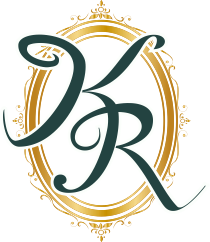
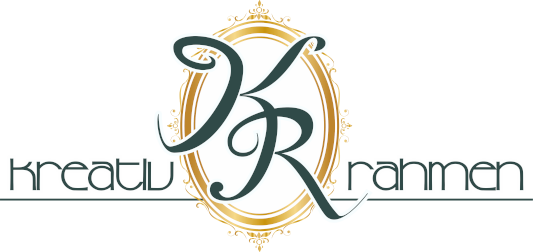




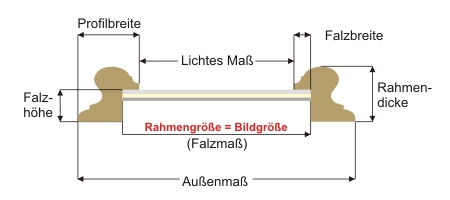
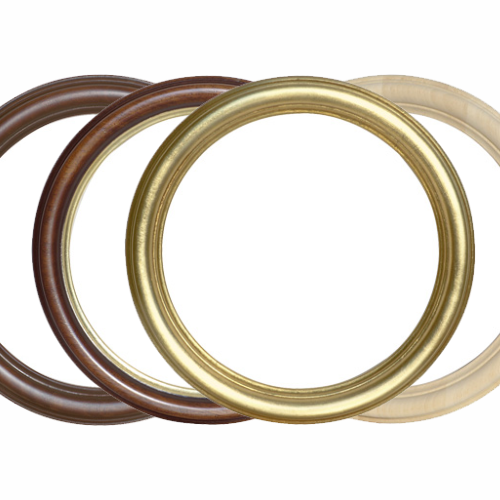
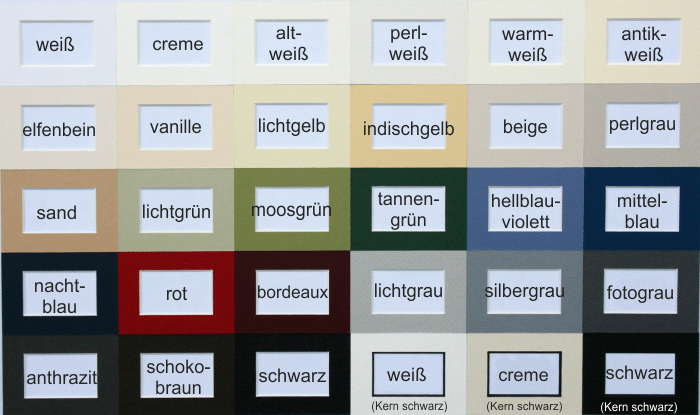
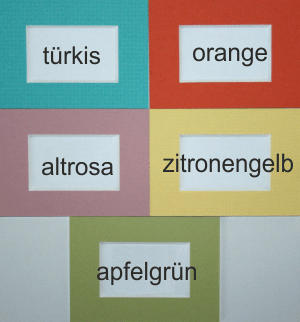
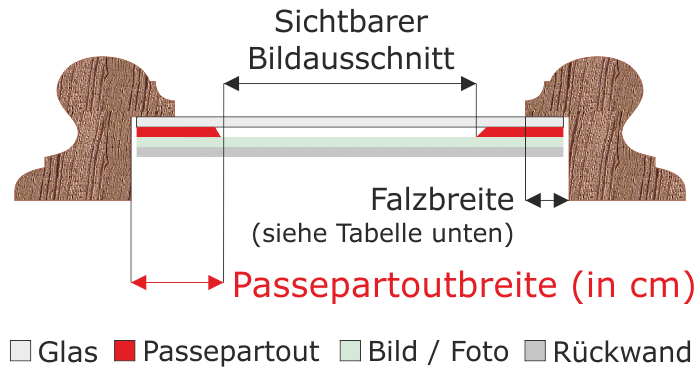
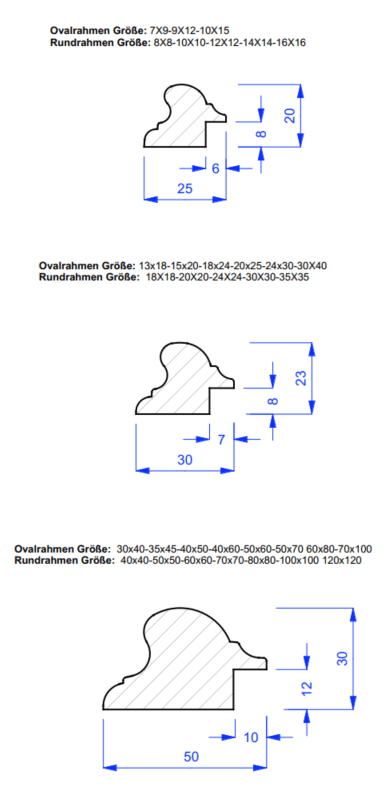
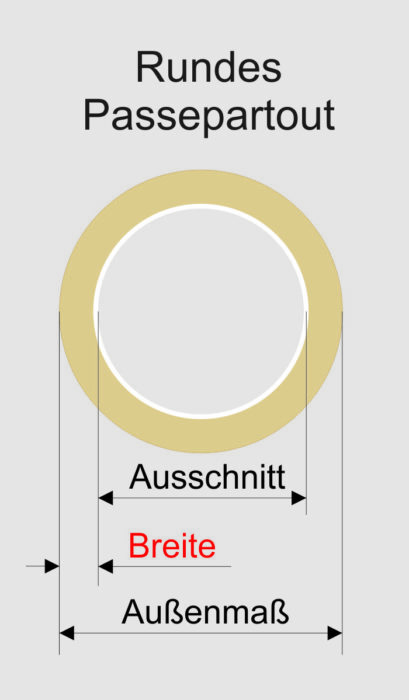

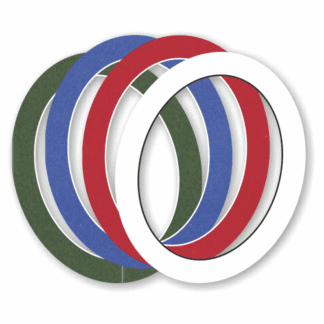
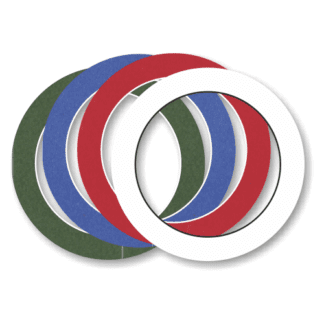
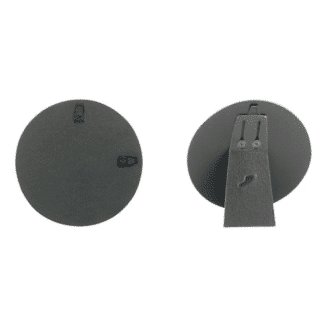
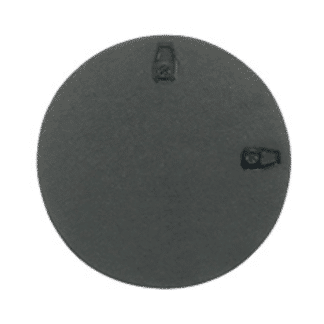
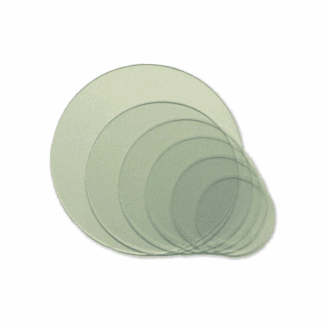
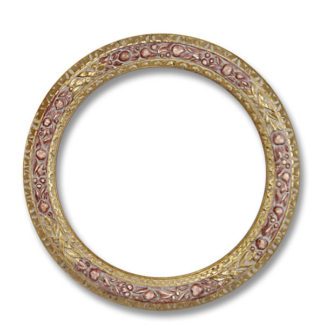
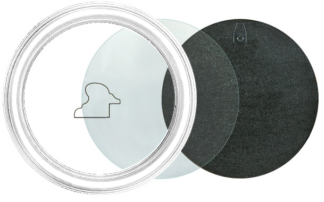
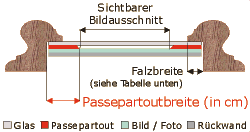
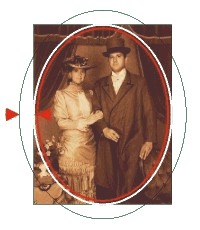

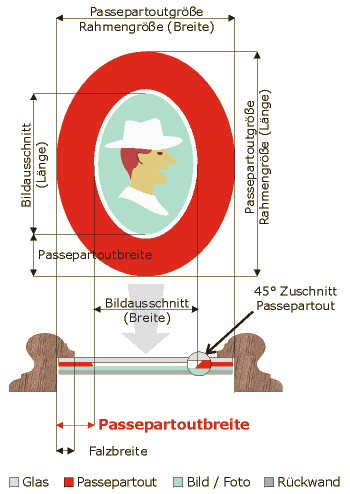
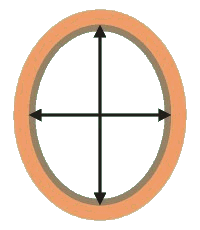
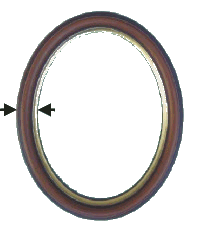
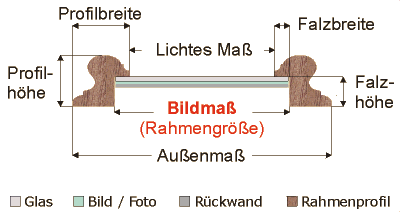
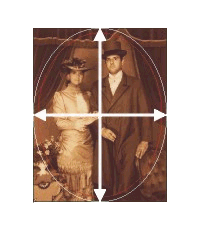
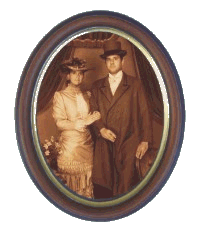

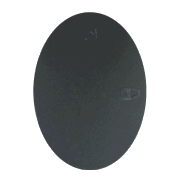
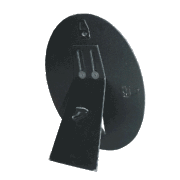
Beigefügt habe ich Ihnen mal ein Foto, auf dem Sie Ihre Rahmen sehen…. Sehen sehr schön aus!
Hallo Herr Hille,
hier das versprochene Bild des wunderschönen
Blickfanges im Wohnzimmer.
Nochmals vielen Dank für die tolle Arbeit!
Wir haben bereits mehrfach bei dem Händler bestellt.
Von der Bestellung bis zur Lieferung war jedesmal ALLES OPTIMAL.
Wir bedanken uns auch für die schnelle und fachliche Kommunikation
und Ihren SUPER Sercice (!!!)
Selbst bei unserer Fehlbestellung wurde uns akkurat und ohne Probleme geholfen.
Die Ware ist hochqualitativ und empfehlenswert.
Wir sind und bleiben treue Kunden (!!!)
Danke
Familie Bütow
Rostock Lichtenhagen
Sehr geehrter Herr Hille,
gestern ist mir der bestellte Rahmen zugestellt worden.
Der Rahmen ist genau, wie ich ihn mir vorgestellt habe.
Für die problemlose Abwicklung möchte ich mich nocheinmal herzlich bedanken.
Beste Grüße
L. Burck
Sehr geehrte Damen und Herren!
Auf diesem Weg, möchte ich meinen Bestellwunsch äußern:
Einen 70 cm Rundrahmen (Nussbaum, 35mm Profilbreite.
ohne Glas, ohne Passepartout und ohne Rückwand.
Besten Dank für die erneut erstklassige Qualität der Rahmen und die rasend schnelle Lieferung nach Australien an die Gold Coast. Wir sind wieder sehr zufrieden. Grüsse aus Down under. Marion
Hallo Herr Hille,
ich möchte mich für die sehr korrekte und prompte Lieferung bedanken, das ging schneller als wir gedacht haben. mfg rainer neugebauer
Wir haben zwei ovale Gemälde mit Spezialmaßen rahmen lassen. Es war bereits sehr schwierig, einen Anbieter zu finden, der derartige Sonderanfertigungen überhaupt in Auftrag nimmt. Das Ergebnis war restlos überzeugend (vgl. Fotos). Dank der professionellen Betreuung bez. der Abmessung war es nicht einmal erforderlich die Gemälde vermittels Keilen zu arretieren.